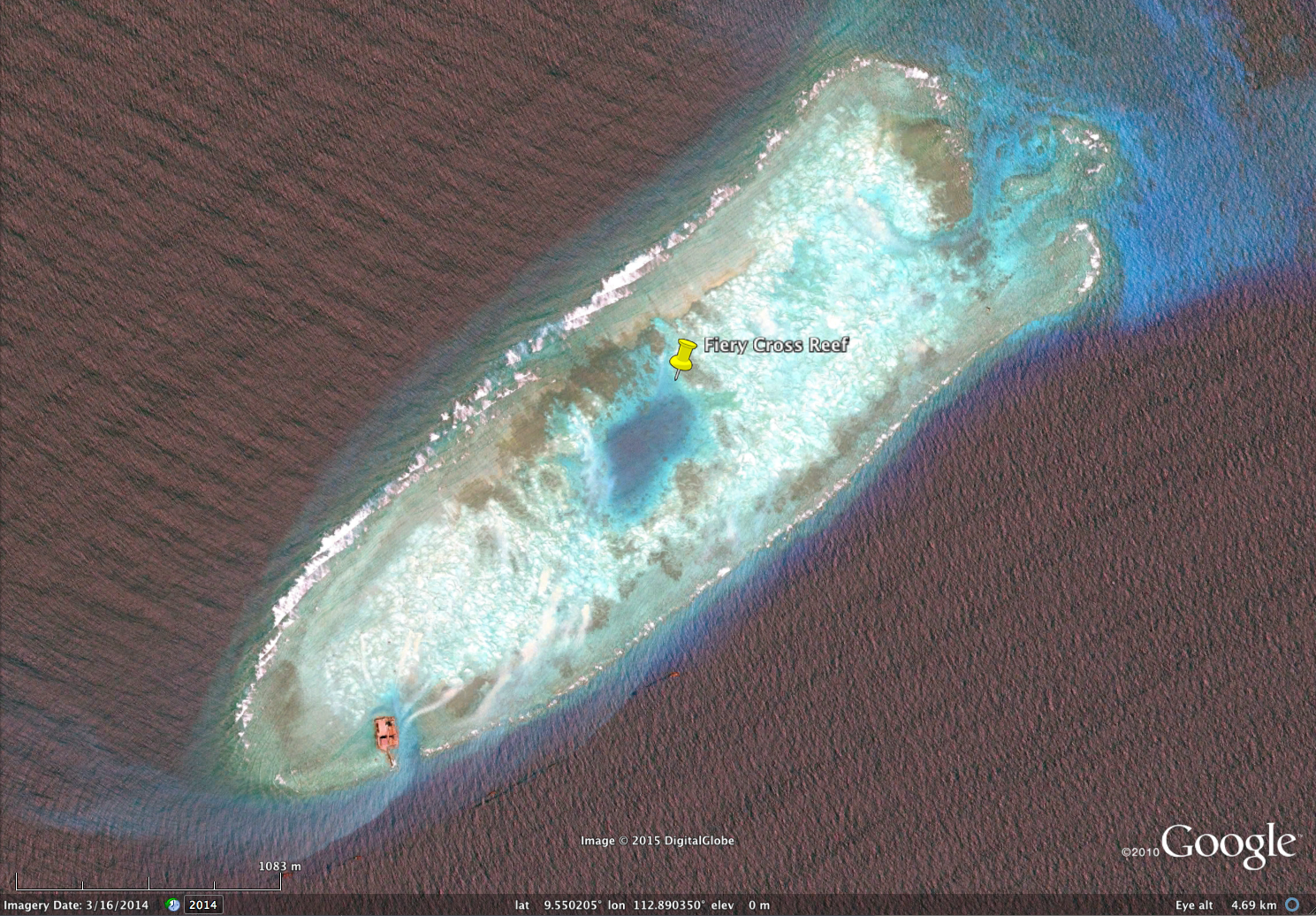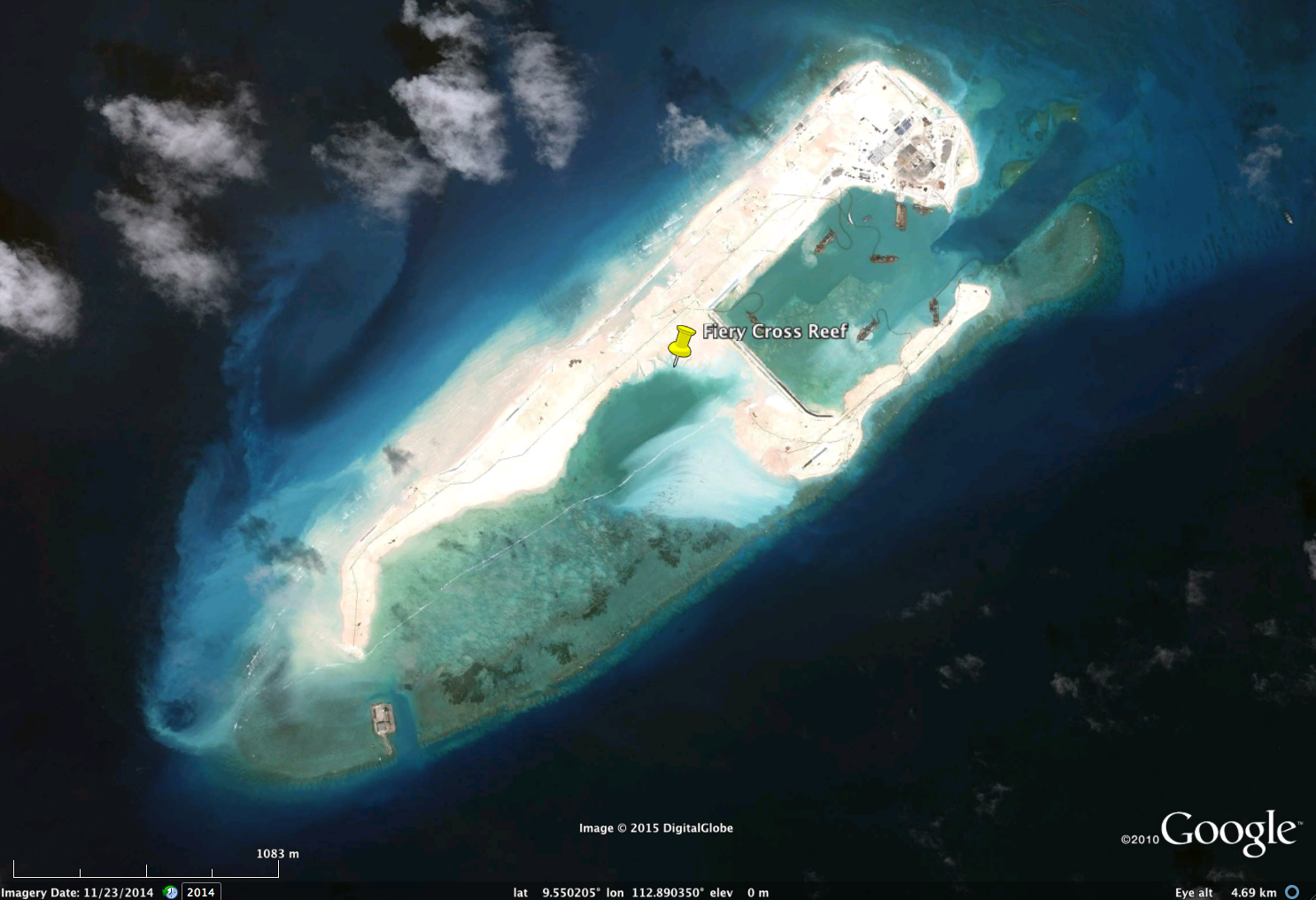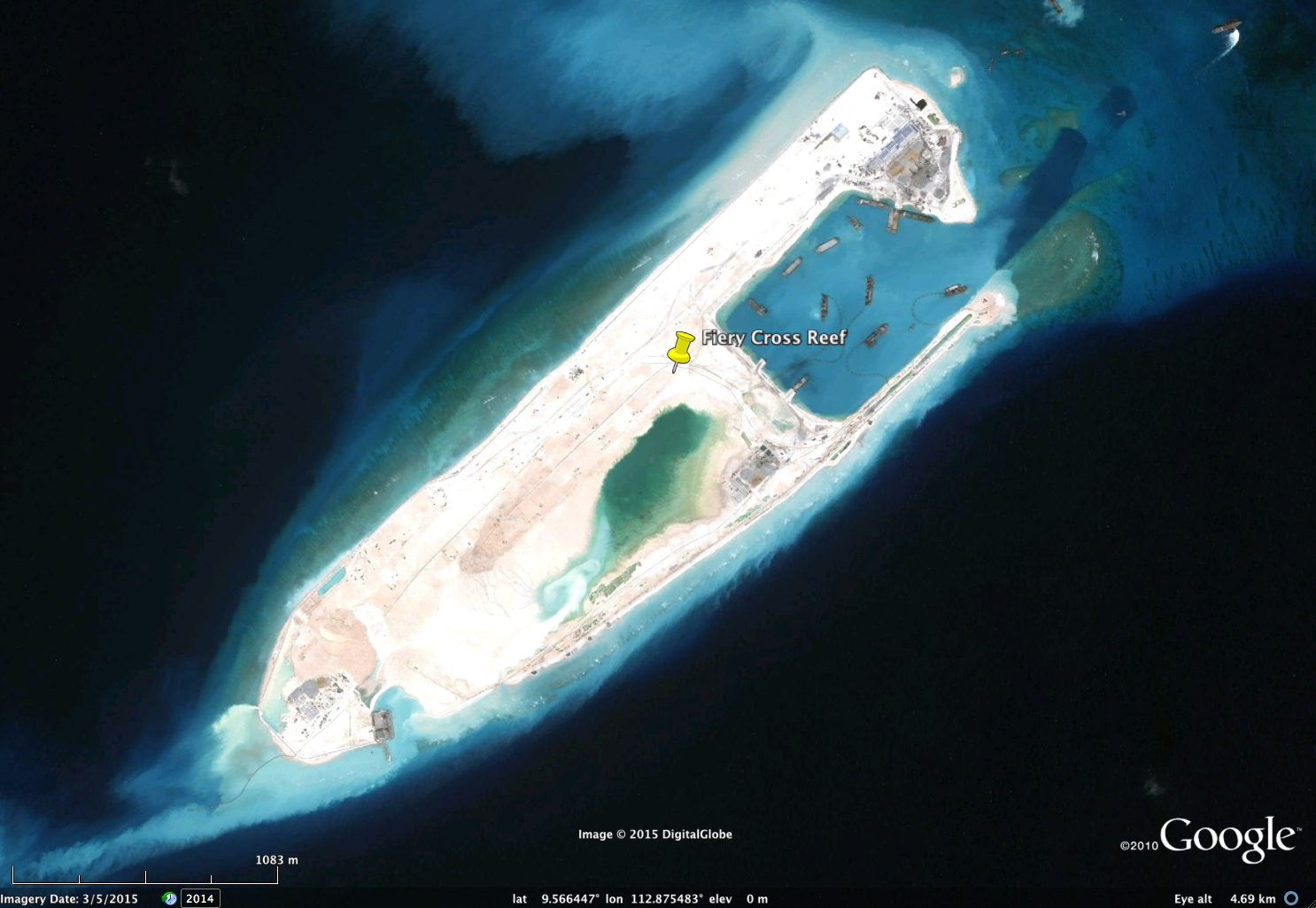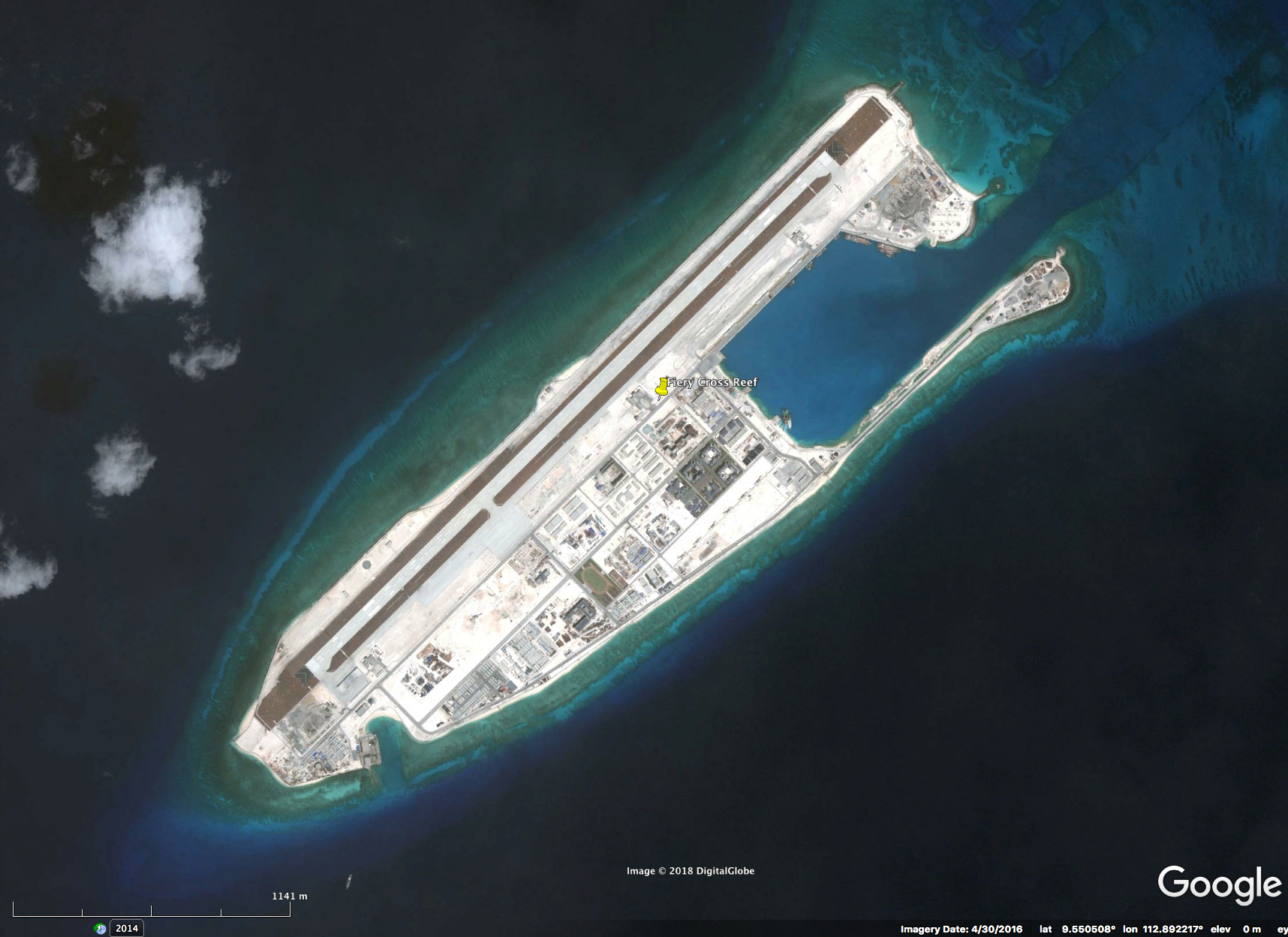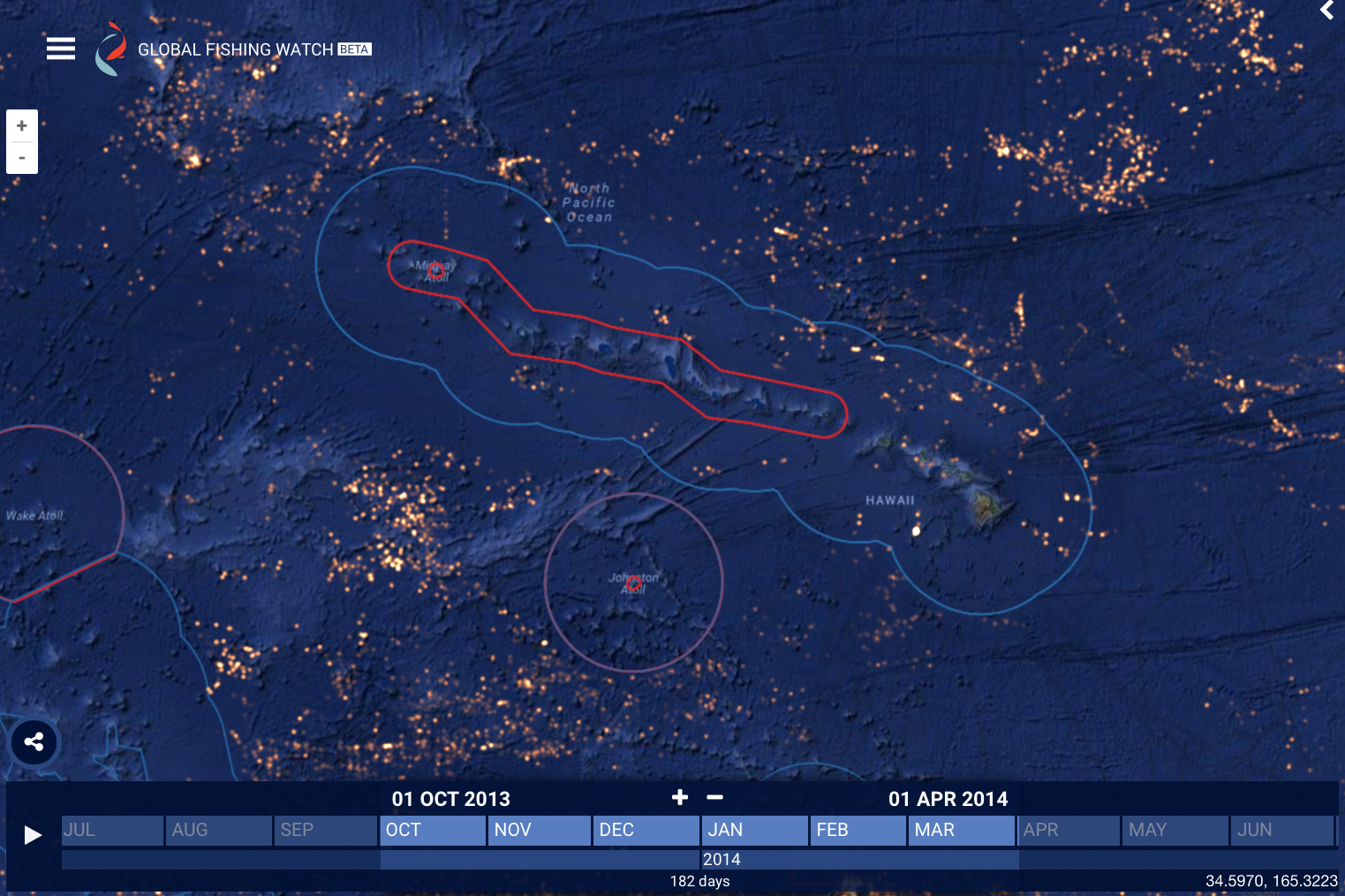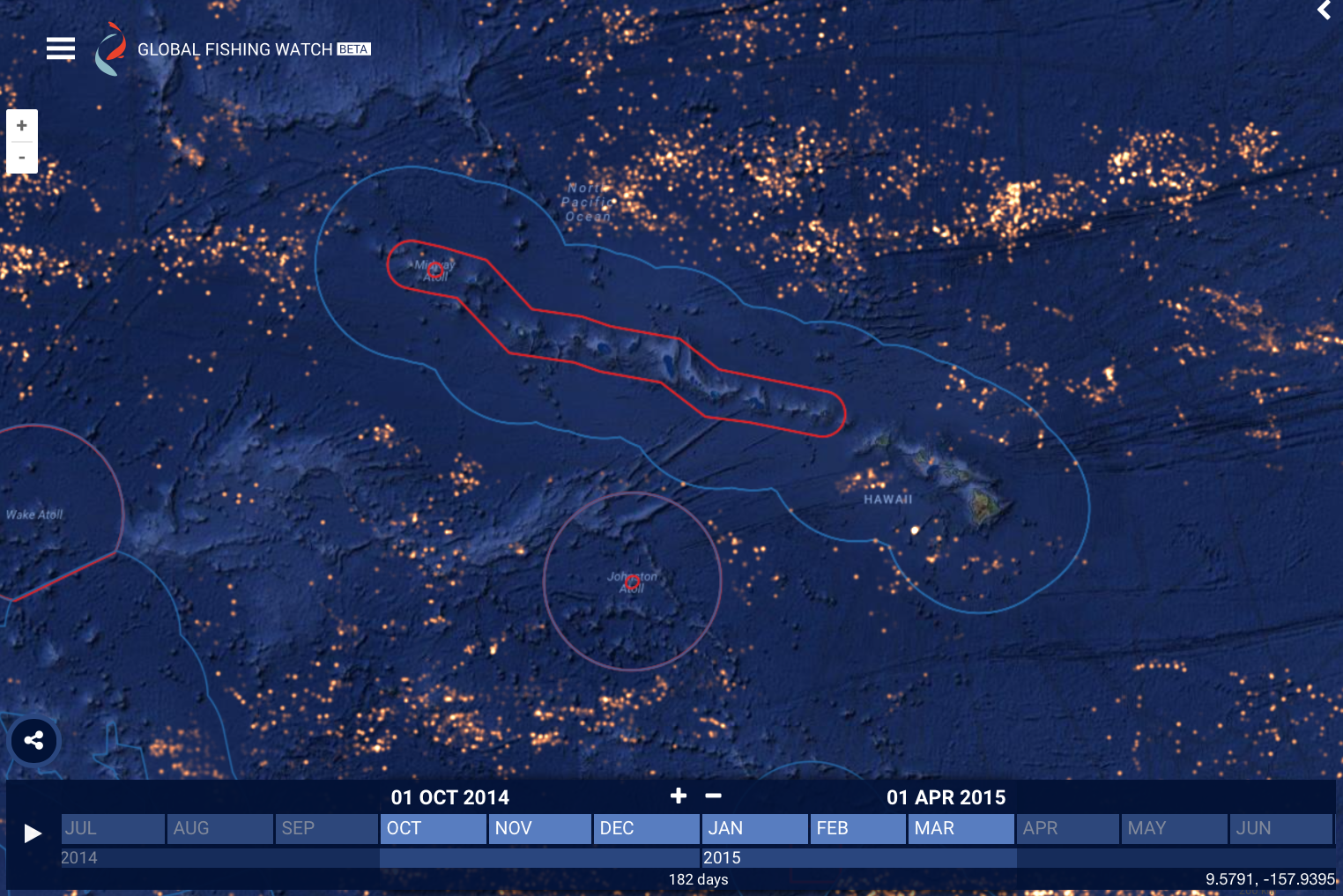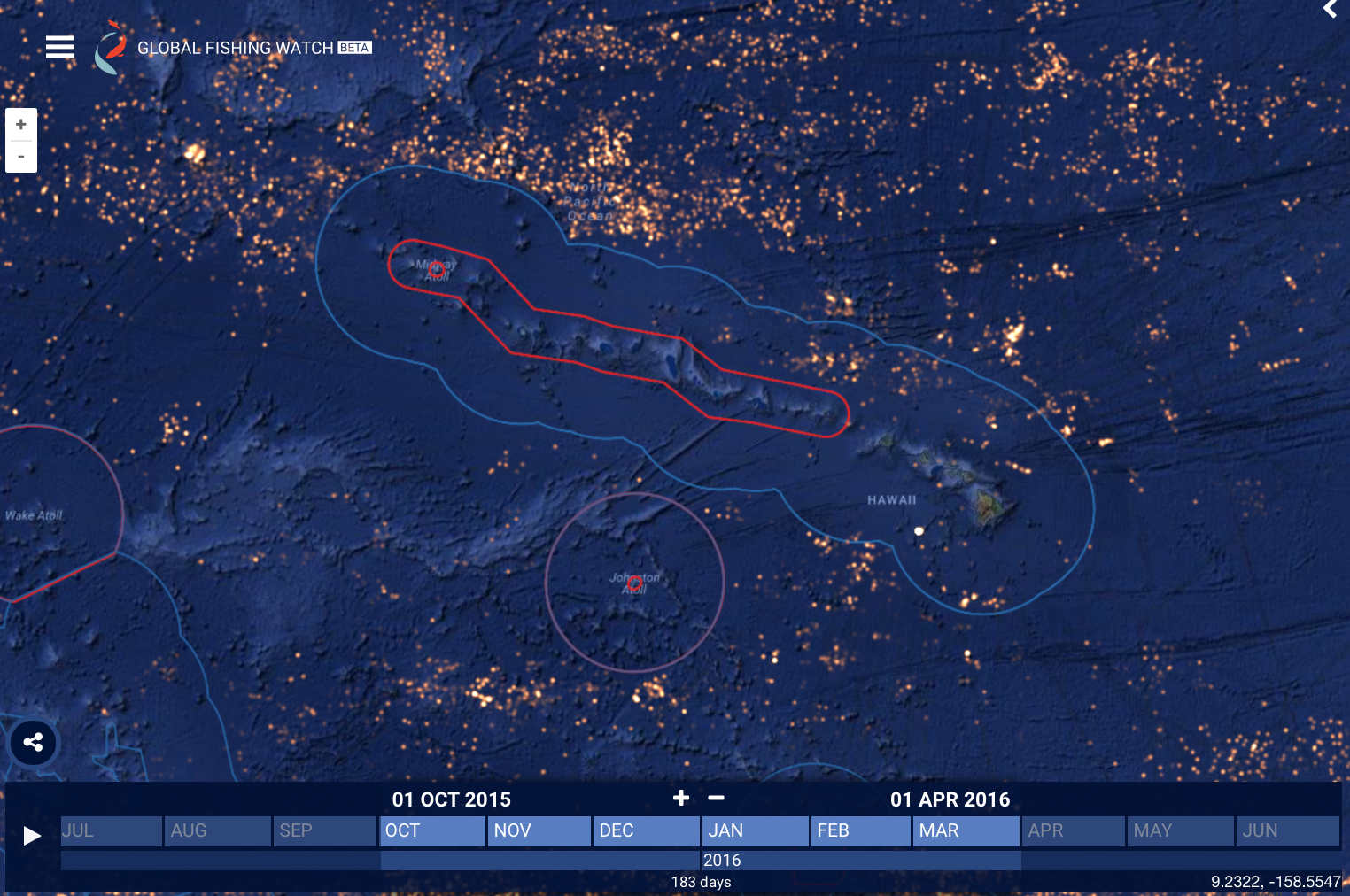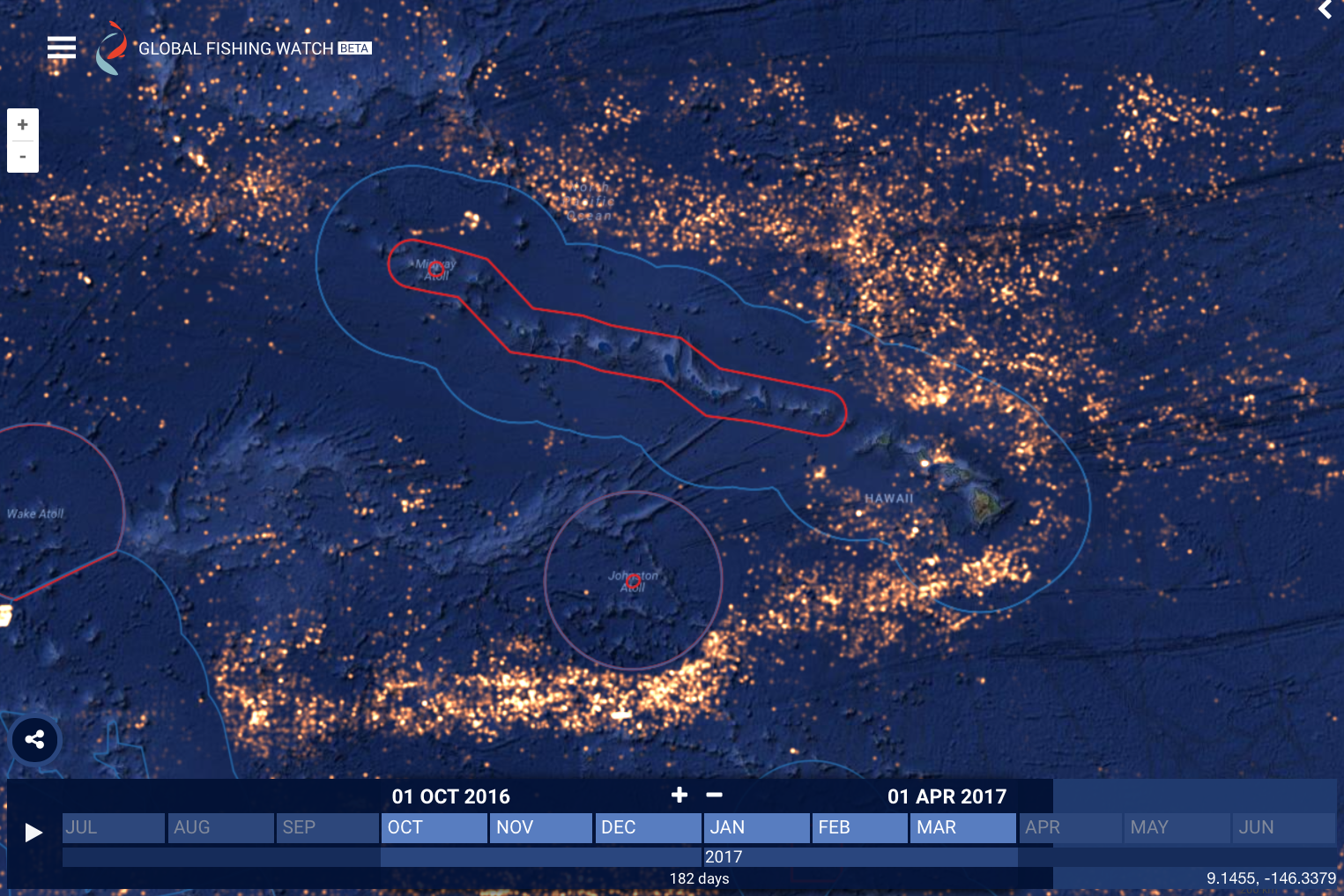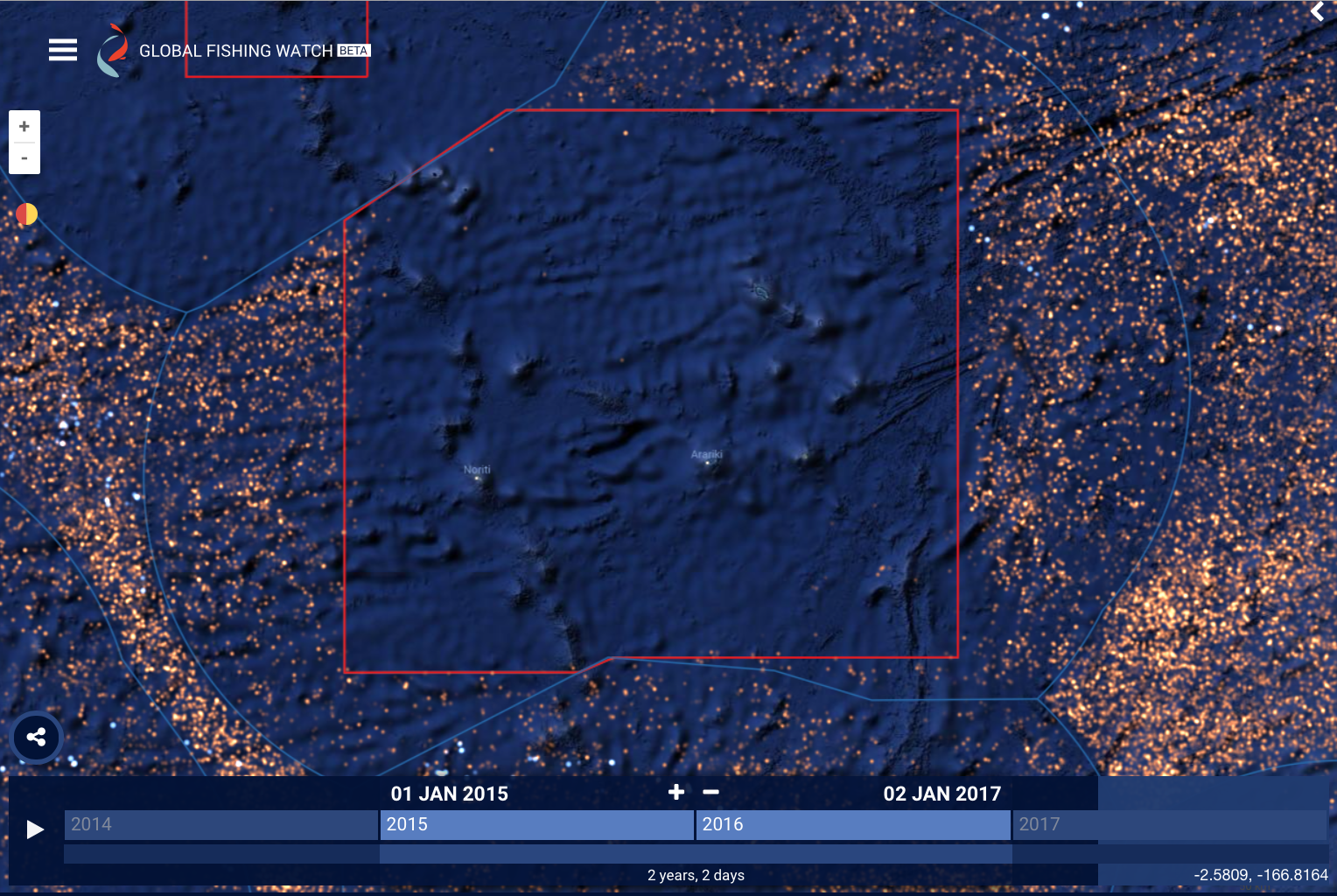Postdoctoral fellowship available: Applying emerging technologies to coral reef conservation
We currently have a fully-funded postdoctoral fellowship for up to three years focused on applying emerging technologies to coral reef ecology and conservation. If you or someone you know is passionate about this topic and fits the description below, read on!
The due date for applications is Oct. 20, 2018.
---
Post-Doctoral Research Fellowship:
Applying emerging technologies to coral reef conservation
Elizabeth Madin Lab
Hawaii Institute of Marine Biology
University of Hawaii at Manoa
Fellowship description and duties:
The Elizabeth Madin Laboratory (www.oceansphere.org) at the University of Hawaii at Manoa’s Hawaii Institute of Marine Biology (https://www.hawaii.edu/himb/) is seeking to recruit a postdoctoral fellow in the area of quantitative conservation ecology/geography to join our lab. The successful candidate will design and lead research investigating human impacts on coral reefs through the use of new and emerging technologies capable of rapidly advancing coral reef science and conservation.
Research context and specific focus:
Human impacts on coral reefs continue to accumulate from a variety of sources, including climate change, fishing and other types of resource extraction, pollution, habitat alteration, and others. Meanwhile, recent advances in remote imaging (e.g., high-resolution satellite and drone imagery), tracking (e.g., automated vessel tracking), and other technologies allow quantification of changes to human activities and coral reef ecosystems in near-real time over local to global scales.
The postdoc will develop novel, conservation-relevant research questions focused on human impacts on coral reefs that can be addressed, in part or in whole, by quantitatively applying these or other types of emerging technologies. The successful candidate will also be able to take advantage of easy access to the coral reefs surrounding HIMB for related fieldwork and/or conduct field studies elsewhere in Hawaii and potentially other coral reef regions globally. It is expected that the postdoc will liaise, and potentially collaborate, with local, regional, and international coral reef conservation practitioners and resource managers to ensure maximum applicability and utility of the research findings. It is anticipated that the results of this research will inform questions of fundamental importance to coral reef conservation.
This opportunity is intentionally broad in its focus; proposals that are creative, scale-able, and highly relevant to coral reef conservation are encouraged.
Required qualifications:
A Ph.D. in ecology, oceanography, quantitative geography/spatial data analysis, mathematical biology, statistics, computer science/bioinformatics, or related fields;
Excellent publication record that illustrates an ability to conduct novel, independent research;
Considerable experience processing, manipulating, and analyzing large datasets;
Demonstrated proficiency with R (or related programming languages) and with software tools for analyzing geospatial data;
Demonstrated aptitude for applying advanced computational tools in a research setting;
Excellent organizational and problem-solving skills;
Strong attention to detail, and meticulous work style, as evidenced by previous research;
Excellent time management skills, including the ability to meet project goals in a timely manner and follow through on projects to completion;
Demonstrated ability to mentor, or an interest in mentoring, junior laboratory members;
Strong interpersonal and communication skills, including the ability to work both independently and collaboratively, and to communicate research findings at professional meetings and in high-quality peer-reviewed journals.
Desirable qualifications:
Experience participating in or leading marine field expeditions, including the use of snorkelling and SCUBA diving;
Experience as a small boat operator;
Ability to travel internationally for fieldwork and/or conferences.
Research Environment:
The postdoc will be based in the lab of Dr. Elizabeth Madin at the Hawaii Institute of Marine Biology (HIMB). HIMB is within the School of Ocean and Earth Science and Technology (SOEST; www.soest.hawaii.edu) at the University of Hawaii at Manoa. HIMB provides unparalleled research opportunities, in particular due to its unique location on Moku o Lo‘e Island (Coconut Island) surrounded by a coral reef in Kane‘ohe Bay on the windward side of the island of O‘ahu (~ 24 km from the main university campus in Manoa).
The Madin lab is rapidly developing a supportive and stimulating research environment with a group of highly collegial scientists who are committed to scientific outreach and policy, to open science, and to enhancing diversity in STEM. We offer a family-friendly, flexible work environment where work-life balance is encouraged.
Appointment and application:
The postdoc fellowship is initially for one year, renewable for up to three years based on performance and funding availability. Fellowship stipend is commensurate with experience within guidelines set by the university. The start date is flexible.
To apply: Candidates should submit the following materials via email to Dr. Madin (emadin@hawaii.edu) in a single PDF document, with your last name in the file name and the subject heading “Madin Lab postdoc application” by Oct. 20, 2018 (Hawaii–Aleutian Standard Time):
A cover letter explaining your motivation for applying for this fellowship, how your prior research experience qualifies you for the fellowship, how you satisfy the required and desirable qualifications, and your career goals;
A short (1-2 page) research proposal describing the research you would like to undertake;
A CV (including publication list, which may include publications in advanced stages of preparation that will be likely in the review process by the above postdoctoral fellowship deadline date);
Names and contact details for three references.
Quality and originality of the research proposal, individual qualifications and background, academic excellence, and collegiality will be the primary criteria in selecting the successful candidate.
The Madin Lab is committed to equality and diversity and we encourage applications from women, underrepresented minorities, indigenous peoples, and persons with disabilities.
